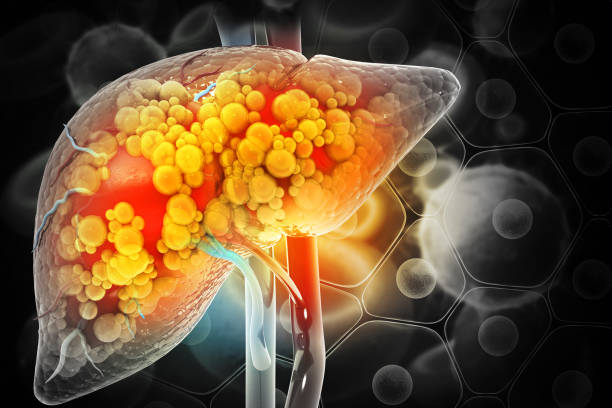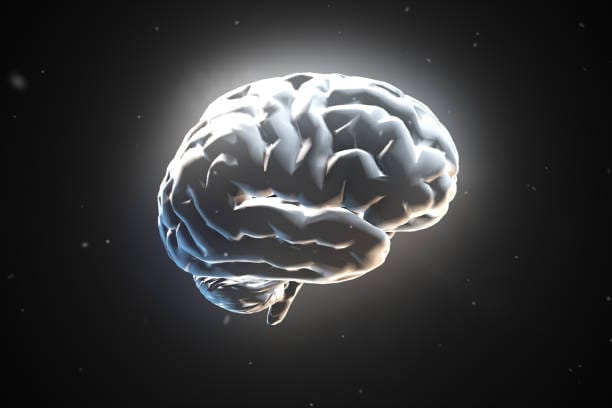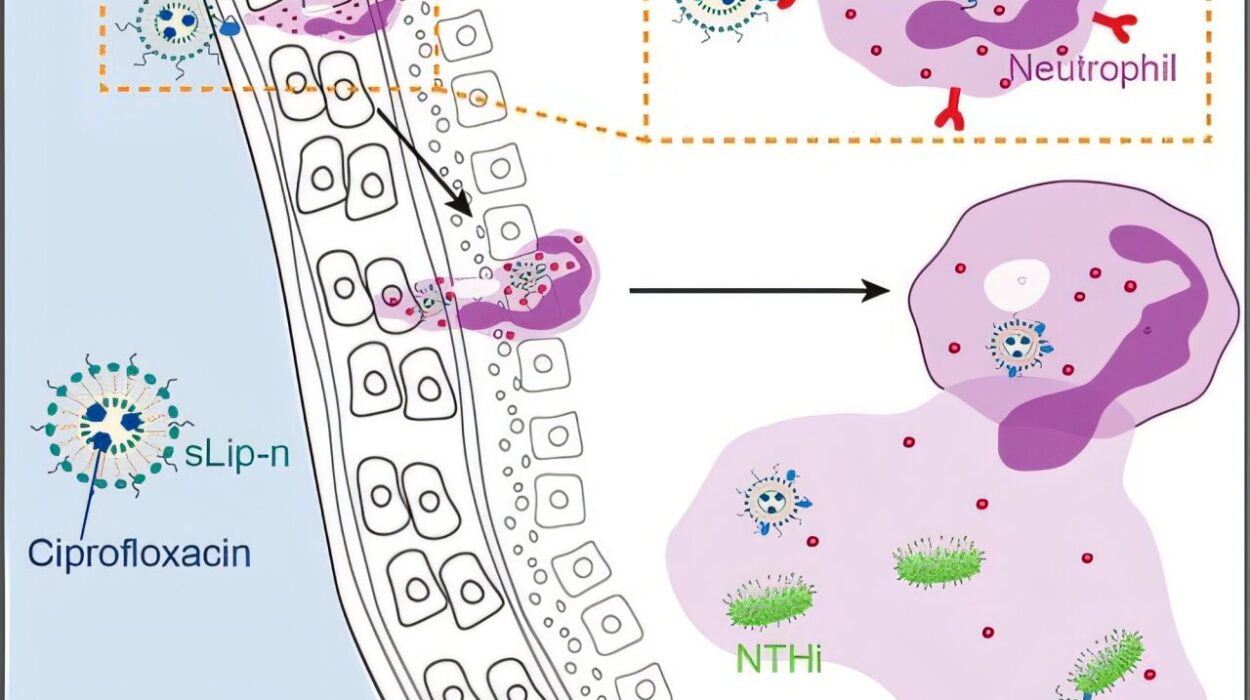Your hormones are like a silent symphony playing beneath the surface of your everyday life. You don’t see them, you can’t always feel them, but when they’re off-key, you know. One moment you feel energized and upbeat; the next, you’re moody, foggy, or utterly exhausted. That’s the power of hormones—tiny chemical messengers that orchestrate everything from your sleep to your metabolism, mood, fertility, digestion, and even how much hair you shed in the shower.
The good news? You don’t always need medication to bring them back into balance. Your lifestyle, daily habits, and even how you breathe and move your body can profoundly influence hormonal health. It’s not about a quick detox or the latest superfood trend. It’s about understanding how your body works and working with it—naturally.
So let’s unravel the mysteries of your hormonal ecosystem, explore the causes of imbalance, and dive deep into how you can support your body in restoring harmony. Because when your hormones are balanced, you feel it in every cell.
Understanding the Hormonal Web
Hormones are secreted by glands in your endocrine system—your body’s chemical communication network. This system includes the hypothalamus, pituitary, thyroid, adrenals, pancreas, and, in women, the ovaries. Each gland releases hormones into your bloodstream, carrying instructions to your organs and tissues. They regulate nearly everything: hunger, mood, sex drive, metabolism, body temperature, stress response, menstrual cycles, and more.
Think of this web as interconnected. A disturbance in one hormone can set off a domino effect. If your cortisol (stress hormone) is high, it may throw off progesterone or estrogen levels. If your insulin spikes too often, your ovaries might churn out more testosterone. Everything is connected—and nothing happens in isolation.
That’s why treating hormone imbalance isn’t just about one hormone. It’s about the whole system. It’s about living in sync with your body, not against it.
The Clues Your Body Leaves
Hormonal imbalance doesn’t always shout; sometimes it whispers. It shows up as irregular periods, acne flare-ups, low libido, stubborn weight gain, mood swings, brain fog, sleep issues, bloating, fatigue, or anxiety. You might be told it’s all in your head or part of being a woman—but your body is giving you clues.
PMS that disrupts your life, mid-cycle spotting, cystic acne along your jawline, or hair loss at your temples—these are signs, not nuisances. When your hormones are balanced, your body feels calm, clear, energized, and emotionally stable. The journey to this place is not overnight, but it’s more accessible than you think.
Food as Hormonal Information
Every bite you take sends a message to your body. Food isn’t just calories—it’s information. It tells your body what to produce, when to store fat, when to release energy, and even whether to create inflammation. What you eat can either stabilize or disrupt your hormonal rhythm.
Blood sugar stability is a cornerstone of hormonal balance. When you eat sugar or refined carbs, your blood sugar spikes—and then crashes. This rollercoaster stimulates the release of insulin, your fat-storage hormone, and can cause imbalances in estrogen, progesterone, and testosterone. Over time, it may even lead to insulin resistance, a key player in conditions like PCOS.
The antidote? Nourishing, grounding foods that support your hormones rather than hijack them. Proteins, healthy fats, fiber, and complex carbohydrates work together to keep blood sugar stable and cravings in check. A meal with salmon, leafy greens, sweet potato, and avocado doesn’t just taste good—it fuels your hormonal health at a cellular level.
Certain nutrients are also critical. Magnesium supports adrenal health and cortisol regulation. Zinc helps with ovulation and skin health. B vitamins assist in estrogen metabolism and energy. Omega-3 fats reduce inflammation and support hormone production. And let’s not forget fiber—it helps detoxify excess estrogen by binding to it in the digestive tract and escorting it out.
The Gut-Hormone Connection
Your gut is more than a digestion machine; it’s a hormonal control center. Inside your intestines lives a community of bacteria—your microbiome—that influences everything from your immune system to your mood. But it also plays a vital role in hormone balance.
A healthy gut helps metabolize and eliminate estrogen. When this process is sluggish due to poor gut health, estrogen can get reabsorbed and recycled, leading to estrogen dominance—a common imbalance in women that may cause heavy periods, PMS, fibroids, or breast tenderness.
The microbiome also influences the production of neurotransmitters like serotonin and dopamine, which affect mood and cravings. And if your gut is inflamed, your body is likely inflamed too—putting stress on the adrenal glands and contributing to cortisol dysregulation.
So where does healing start? With your plate, yes—but also with your gut. Fermented foods like sauerkraut and kimchi, prebiotic fibers from garlic and leeks, and high-quality probiotics can help restore balance. But just as important is reducing what harms your gut—excess sugar, alcohol, chronic stress, and processed foods.
Stress: The Hormone Hijacker
If there’s a villain in the story of hormone imbalance, it’s chronic stress. Your body is brilliantly designed to respond to acute stress—a lion in the bushes, a close call in traffic. In these moments, cortisol surges, your heart races, and blood sugar rises to give you the energy to flee or fight. This is normal and healthy in small doses.
But modern life has turned acute stress into chronic stress. Endless emails, overbooked calendars, late nights, under-eating, over-exercising, doomscrolling, and caffeine overload—these keep cortisol pumping long after the perceived threat has passed. And when cortisol stays high, other hormones suffer.
High cortisol can deplete progesterone, elevate blood sugar, disrupt ovulation, disturb sleep, and even shrink your hippocampus, the brain’s memory center. Over time, the adrenals can get worn out, leaving you feeling exhausted but wired, tired in the morning but alert at midnight.
Balancing hormones means honoring your body’s need for safety and calm. That might look like deep breathing before meals, saying no to things that drain you, or replacing high-intensity workouts with walks in nature or restorative yoga. It’s not lazy—it’s hormonal hygiene.
Sleep: The Ultimate Reset Button
Your body does its most profound hormonal work while you sleep. Melatonin, the sleep hormone, doesn’t just help you drift off—it influences estrogen, insulin sensitivity, and even your immune response. Growth hormone, which repairs tissues and builds lean muscle, is also released at night.
Lack of sleep throws your hormonal balance off. Even one night of poor sleep can increase ghrelin (your hunger hormone), decrease leptin (your fullness hormone), raise cortisol, and lower insulin sensitivity. It’s a perfect storm for weight gain, irritability, and cravings.
Creating a sleep ritual is an act of hormonal self-care. Dimming lights an hour before bed, powering down screens, sipping herbal teas, taking magnesium, and keeping a consistent sleep schedule can all support deeper, more restorative sleep. Your hormones thrive on rhythm—and sleep is the rhythm keeper.
Movement That Nourishes, Not Depletes
Exercise is a powerful hormone balancer—but only when done wisely. Movement helps regulate insulin, supports detox pathways, boosts mood-enhancing neurotransmitters, and stimulates the lymphatic system. But more isn’t always better.
High-intensity workouts every day, especially without proper fuel and rest, can spike cortisol and backfire on your hormonal goals. Women are especially sensitive to overtraining, particularly during phases of the menstrual cycle when hormone levels naturally dip.
Honoring your cycle—known as cycle syncing—can make a big difference. During the follicular and ovulatory phases, you might feel energized and strong, ready for strength training or cardio. But during the luteal and menstrual phases, your body may need gentler forms of movement like walking, stretching, or pilates.
Exercise should leave you feeling better, not depleted. That’s the hormonal sweet spot.
Toxins, Endocrine Disruptors, and Environmental Load
The modern world exposes you to thousands of chemicals daily, many of which are endocrine disruptors. These substances mimic or block hormones and interfere with your endocrine system. They’re found in plastics, pesticides, personal care products, cleaning supplies, non-stick cookware, and even receipts.
Bisphenol A (BPA), phthalates, parabens, and synthetic fragrances are among the most notorious. They can act like estrogen in the body or interfere with thyroid function. Reducing your toxic load is one of the most impactful steps you can take for hormonal health.
Swapping plastic containers for glass, using natural cleaning and skincare products, filtering your water, and eating organic when possible can lighten the toxic burden on your liver. And speaking of the liver—it plays a crucial role in hormone metabolism. A sluggish liver means hormones don’t get processed and eliminated properly.
Supporting liver detoxification through foods like leafy greens, cruciferous vegetables, beets, and dandelion root can help your body clear excess hormones and toxins more efficiently.
The Power of Cycle Awareness
Your menstrual cycle is not an inconvenience—it’s a vital sign. Each phase brings unique hormonal shifts that affect your energy, appetite, mood, libido, and even brain function. Learning to work with, rather than against, these changes can help you feel more aligned and empowered.
In the follicular phase, estrogen begins to rise, and you may feel more motivated and outgoing. The ovulatory phase brings a peak in energy and libido. In the luteal phase, progesterone rises, and your body prepares for rest and reflection. Finally, menstruation is a time of renewal.
Ignoring your cycle can lead to burnout and imbalance. Embracing it as a guide can help you eat, move, work, and rest in ways that support your body’s natural rhythms. It’s a biological blueprint, not a limitation.
Herbal Allies and Natural Supplements
Nature provides powerful tools for hormonal harmony. Adaptogens like ashwagandha, rhodiola, and holy basil can help regulate stress response and support adrenal function. Vitex (chasteberry) is known to support progesterone and menstrual regularity. Maca root may help balance estrogen and boost libido.
Magnesium, zinc, selenium, omega-3s, and vitamin D are essential nutrients that many people are deficient in—yet critical for hormone production and function. Supplements can be incredibly supportive, but it’s best to work with a practitioner who can tailor them to your unique needs and cycle.
Your body wants to heal. Sometimes, it just needs the right tools and a little patience.
The Emotional and Energetic Side of Hormones
Hormones are not just physical—they’re deeply emotional. Unprocessed emotions, trauma, chronic anxiety, and even lack of pleasure can all contribute to imbalance. Your body is always listening. When you ignore your needs, push through exhaustion, or suppress your feelings, your hormones respond.
Creating safety within your body through breathwork, therapy, journaling, or simply allowing joy can shift your hormonal state. Oxytocin, the love hormone, is released through touch, laughter, hugs, and even singing. Pleasure isn’t a luxury—it’s hormonal medicine.
When you learn to trust your body, listen to its signals, and respond with compassion instead of control, you begin to create the conditions for balance—not just biologically, but holistically.
Hormonal Healing Is a Journey, Not a Destination
Balancing your hormones naturally isn’t about perfection. It’s not about eliminating every toxin or mastering the perfect supplement stack. It’s about deepening your relationship with your body, understanding its rhythms, and supporting it in ways that feel sustainable and nourishing.
Some days will be smooth; others may feel like a setback. That’s okay. Healing is not linear—it’s cyclical, just like your hormones.
So be curious. Be gentle. Be consistent. Tune into what your body is asking for, and you’ll discover that hormonal balance isn’t just possible—it’s your birthright.






